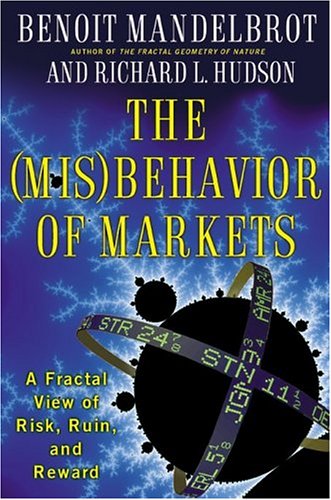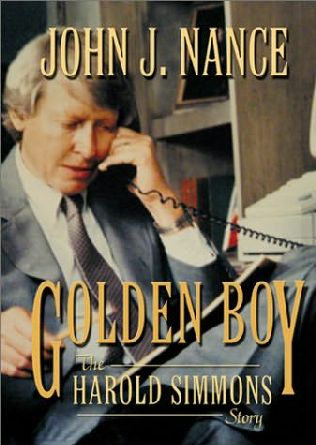Debt: The First 5,000 Years, by David Graeber, is a fascinating and astounding look at the ubiquity of debt in human affairs. It replaces many “accepted” theories on the origins of money and debt and disproves the Myth of Barter by studying the anthropological record. From my own experience, economic theories and models are almost never based on actual historical observations, only upon assumptions about human behavior and interaction that I personally find naive. Just look at the Efficient Market Hypothesis or the idea that humans are rational decision makers — these ideas or their assumptions quickly fall apart with a simple analysis. For instance, as Chomsky points out, the advertising industry exists to create irrational decisions. People can lie and manipulate; they can be greedy or ascetic. It is nice to finally have a down-to-Earth study of actual historical accounts of human interactions without forcing the current paradigm on the past. Graeber’s book provides a wake-up call for people to see a more realistic view of the interactions of humans, debt, markets, government and money.
Category: finance (Page 1 of 6)

In No One Would Listen: A True Financial Thriller, Harry Markopolos, the financial fraud detective who studied Bernie Madoff’s questionable returns in early 2000, narrates the entire history and investigation of Bernie Madoff’s ponzi scheme — starting in 1998. I was shocked, as was Markopolos, on learning about the negligence and failure of the SEC on numerous occasions. The book provides a good summary account of the Madoff fraud and the people involved. It also provides important insight into financial fraud, reform, and regulations.

To me, the idea of infinite memory processes is one of the most important concepts touched on by Mandelbrot in this book. It suggests that economists and traders should be developing models and theories which value the importance of price series and data going back decades. And it makes sense to me that people and prices do not change their fundamental behavior over extended periods of technological evolution. However, I suspect that organisms do change their fundamental behavior if the time horizon is thousands or millions of years. I am very curious to read more about Hurst’s studies of the Nile.
It seems to be entirely possible, and even beneficial, if there was an exchange, analogous to the NYSE, where traders and investors could buy and sell “shares” of a species. The exchange would begin by issuing an IPO on every species. For example, ticker symbol: QA could be the “stock” for Quercus alba.
We need to think outside the box to protect our environment and I see this a way to benefit both man and nature. Man will be awarded with more assets with which he can diversify his financial holdings; nature will win in various ways — including the proceeds of the IPO to protect the species.
This would be initiated to test the idea that a traded asset can be something more general than an organization consisting of human labor and assets.
You may argue that a stock must have a fundamental basis in the value of human commodities and labor. That may be true, however, what limits the definition extending to non-human commodities and the labor of nature? In any case, for the experienced investors, how many companies have you seen being valued in the billions with little or no assets and no profits? In fact, a species actually has an enormous value and potential in terms of biology, ecology, and the sustainability of human activity.
There are numerous possible arguments against this, which I would enjoy countering. Perhaps I will devote more to this in a future post.

I was a long term investor in Harold Simmons’ Keystone Consolidated Industries and now I am currently sitting on a nice return from an investment in Valhi. Being a coattail investor in his companies has paid off — if you can enter at a low price. Some have called him an “Evil Genius” and even a crook. However, I find his story to be an amazing story of business success, legal battles, and cunning financial maneuvers to become an icon of the rags-to-riches success story. His biography, written by John J. Nance and entitled Golden Boy: The Harold Simmons Story, provides a great account of the building of his empire.





